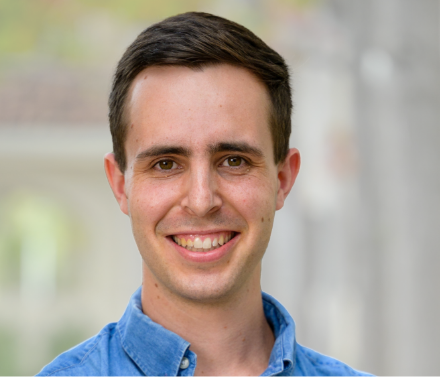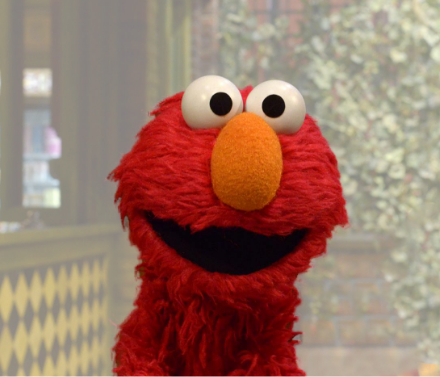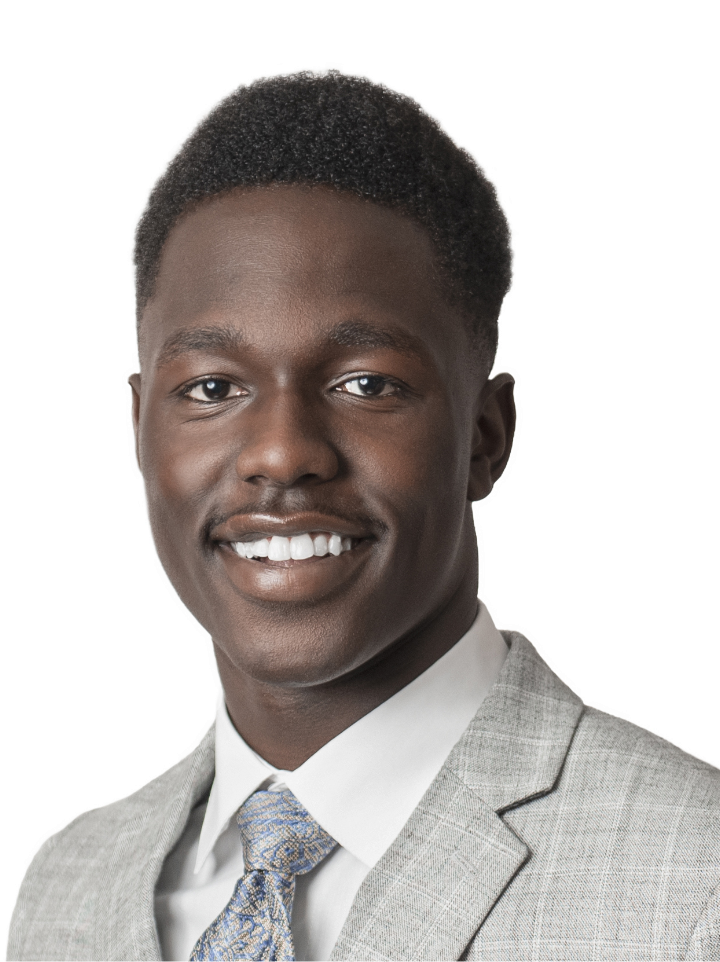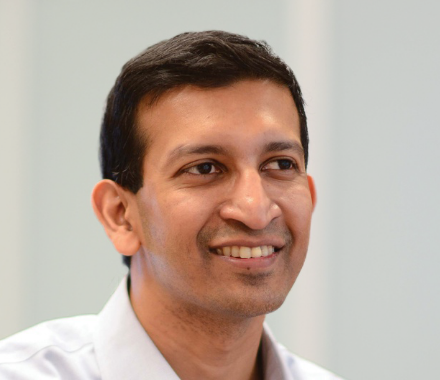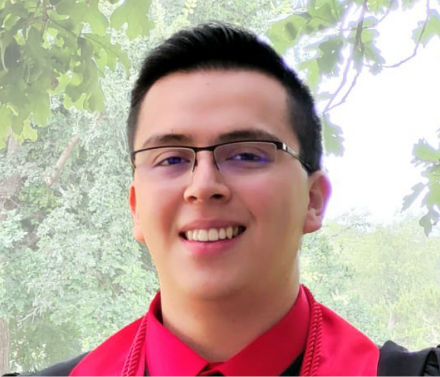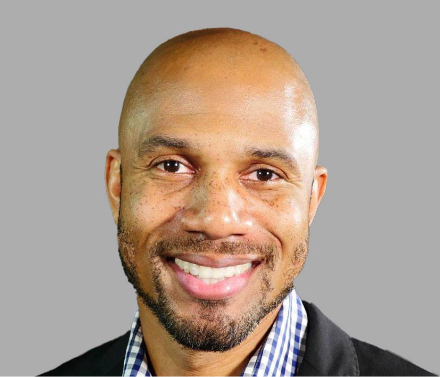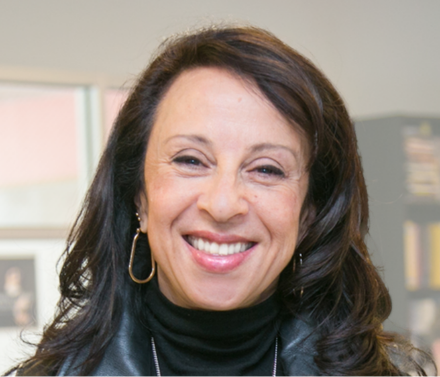WHEN COVID-19 HAPPENED, all of our programs were shut down. We looked at our community and our students and said, “what are we going to do?” We developed our first virtual summer program. We designed it for a girl who might be getting Wi-Fi in a Burger King parking lot, or has one device that she’s sharing between her three siblings, or maybe she’s an essential worker or her mom’s an essential worker. We needed to design a program that met her needs—where she could have an asynchronous and synchronous program, where she could go on and offline if she needed to. But still, at the end of the program, feel like: I learned how to code. I built something. I’ve upskilled myself.
It is possible to teach a girl who lives in a homeless shelter how to code. I’ve seen them go work at Facebook, Google, Microsoft. We can do this, and we can do it one student at a time.”
That was very critical to us, designing for her. And by doing so, we were able to open our program up to so many other young women who were in that situation, who didn’t have to choose between their education and their family. That was really powerful. We ended up teaching thousands more girls to code–thousands more girls under the poverty line, thousands more Black and Latino girls than we had before.
We had a lot of young women who were succumbing to the two-generational cycle of poverty. We had a student who helped her mom stay in the workforce by dropping out of her own schooling to take care of her siblings. So many young people and their mothers are seeing their hopes and ambitions and dreams just die on the vine.
Everyone’s talking about, “We don’t have enough talent. We need to hire people. Innovation, automation, everything’s happening so quickly.” But I see really hungry kids who want a shot at that American dream. So, let’s give it to them. Let’s build curricula. Let’s build micro-credentials. Let’s build programs and tools where they can actually learn the skill sets of today and tomorrow.
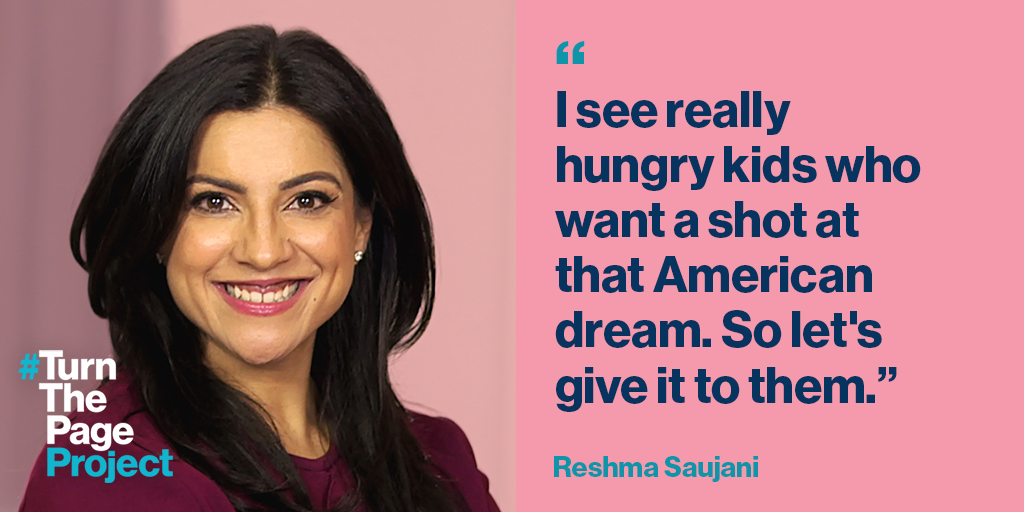
SHARE RESHMA’S STORY!
I really want to push the private sector in particular. I believe every single financial services company and technology company should be providing virtual internships for every single public school student.
It is possible. We just have to be intentional about it.
Do I think that we’ve fixed the digital divide? No. Do I think that we are focused on our most vulnerable and doing right by them? No. I am constantly waking up every day and thinking about them. It is possible to teach a girl who lives in a homeless shelter how to code. I’ve seen them go work at Facebook, Google, Microsoft. We can do this, and we can do it one student at a time.
